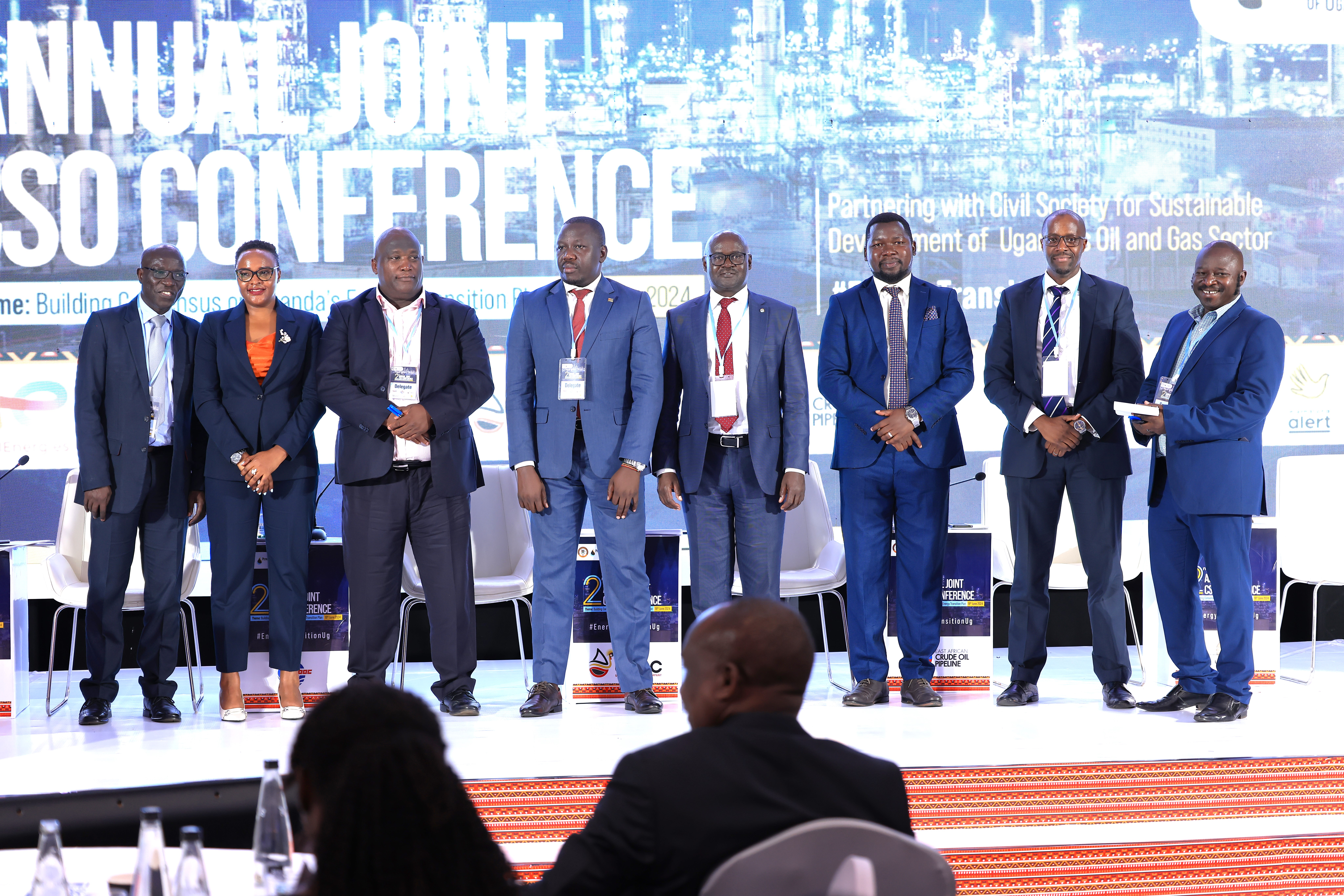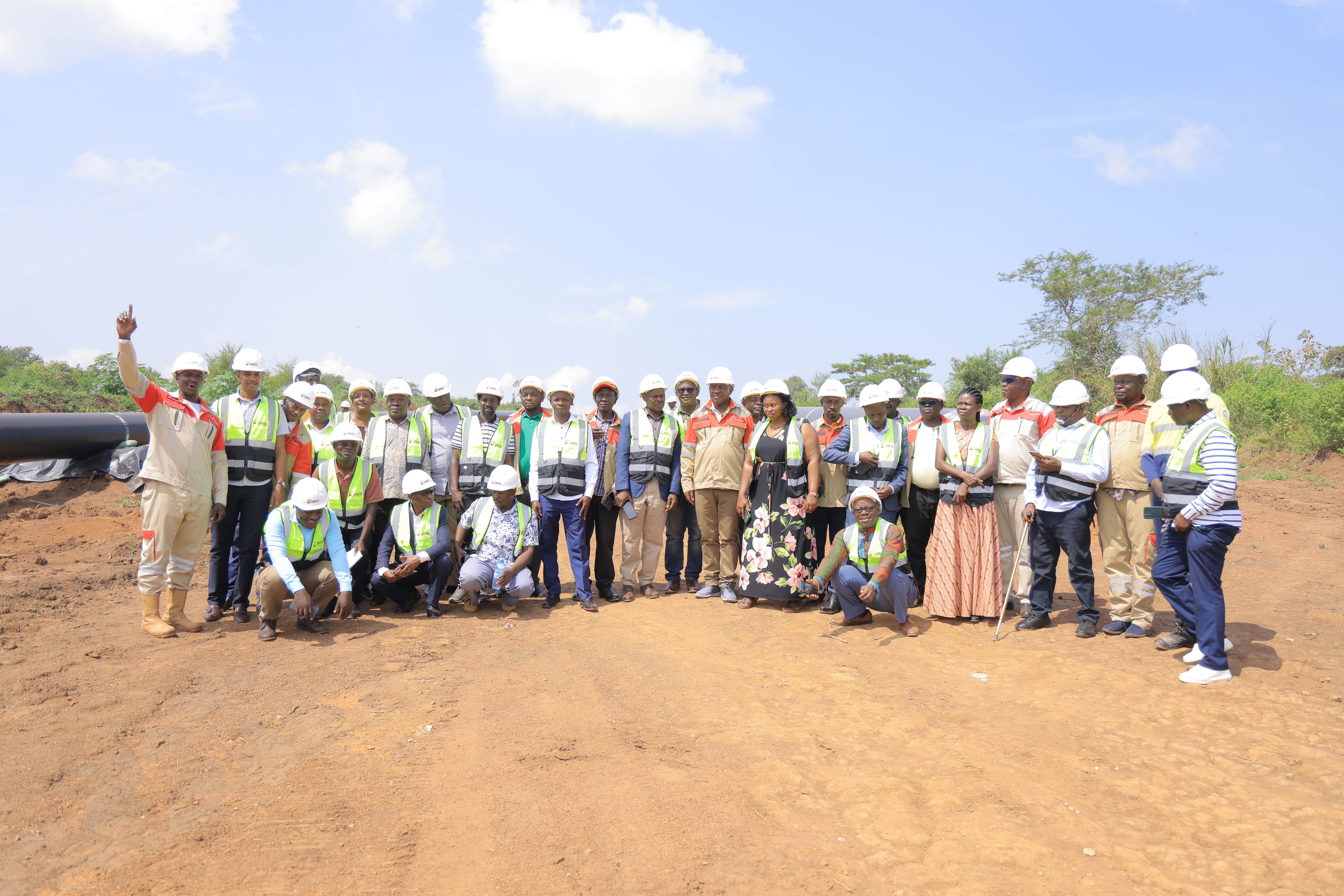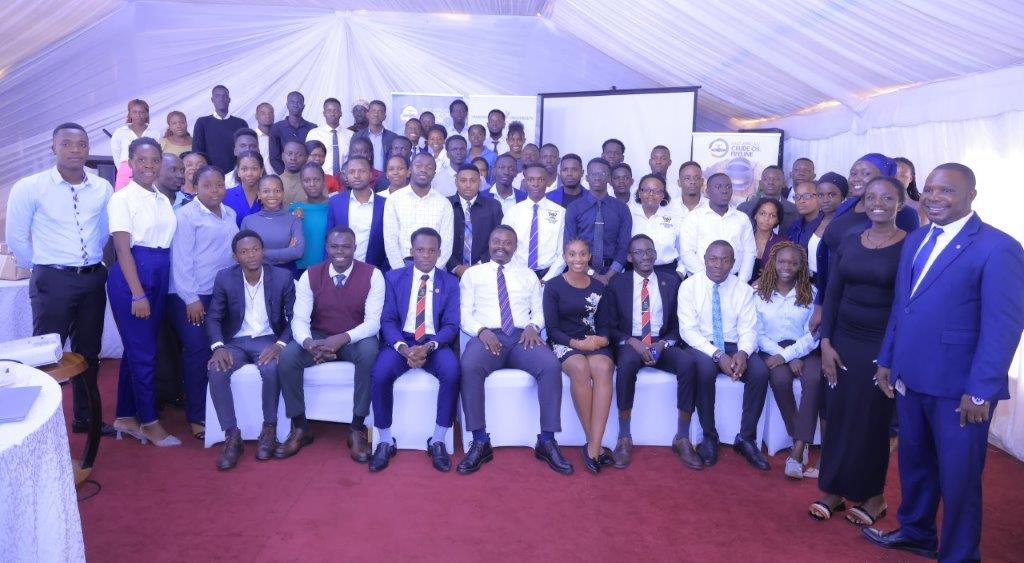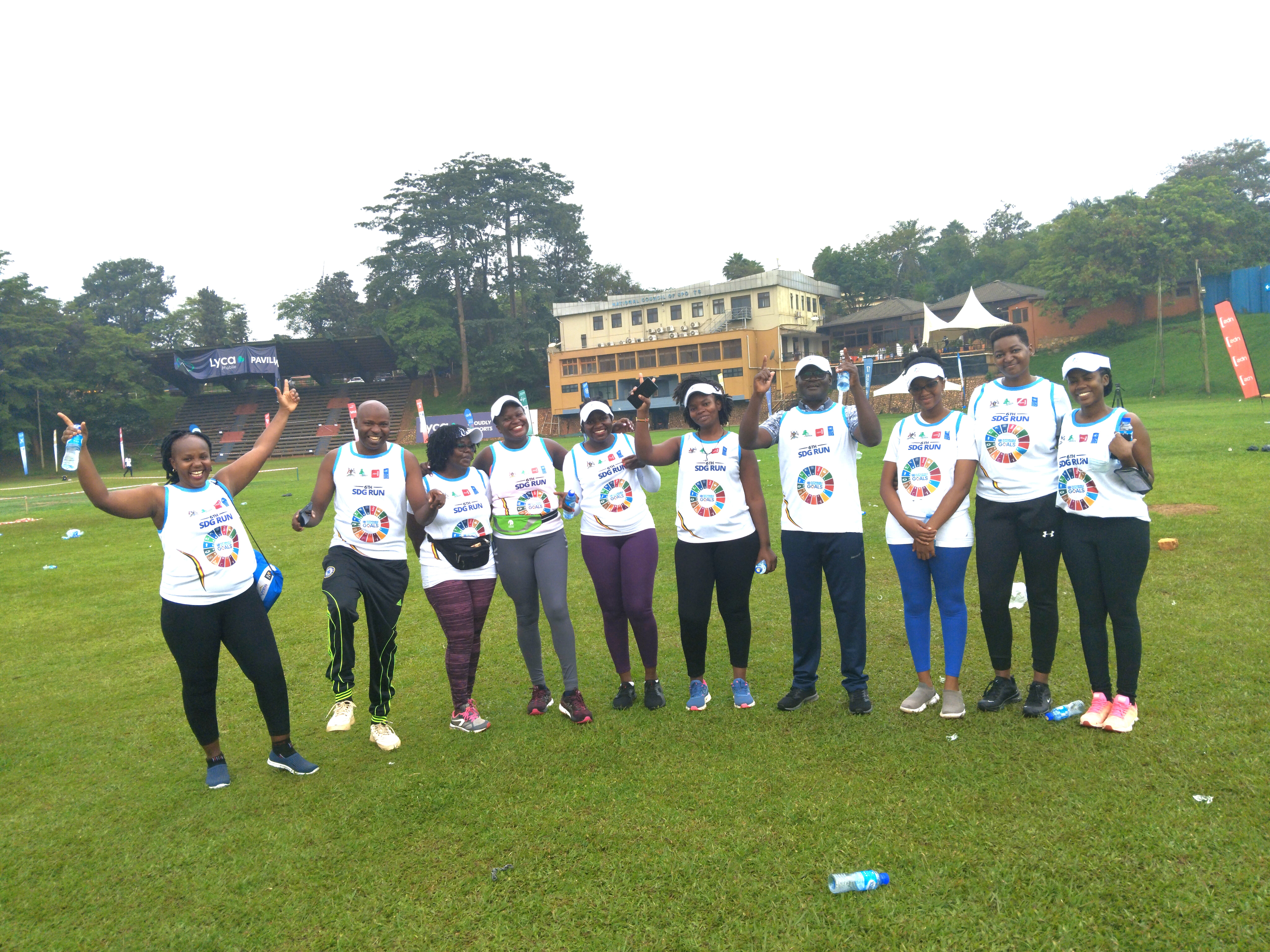The East African Crude Oil Pipeline (EACOP) project hosted a delegation of local leaders, including…

EACOP Participates at the 2nd Annual Joint CSO Conference in Kampala
EACOP actively participated in the 2nd Annual Joint Civil Society Organization (CSO) Conference, with the topic “Building Consensus on Uganda’s Energy Transition Plan.” This event brought together key stakeholders from diverse sectors to discuss sustainable investment in the extractive industry and Uganda’s energy transformation.
The conference covered a variety of important topics, including sustainable investment in extractives, incorporating the extractives sector into Uganda’s energy transition plan, the national planning framework for a just energy transition, the status of Uganda’s oil and gas projects, and civil society perspectives on the just energy transition. This event provided a forum for robust discussion, fostering agreement on Uganda’s energy transition strategy and the role of the extractives industry in this critical journey.
As a panelist, John Bosco Habumugisha, our Deputy Managing Director, emphasized the company’s commitment to environmental sustainability and modern technology. He stressed that the EACOP project will be powered by green energy from solar and hydropower, by the company’s environmental sustainability strategy. He also mentioned the pipeline’s innovative design, which features block valves to prevent leaks, and the use of SCADA (Supervisory Control and Data Acquisition) systems in pipeline construction, which ensures high technological and reliability requirements while essentially minimizing the danger of serious leaks or failures.
A central theme of the conference was EACOP’s commitment to environmental protection and biodiversity conservation. The company has signed agreements with the Ministry of Water and Environment and the National Forestry Authority, investing 1.2 Billion Ugandan shillings in tree-planting initiatives with the ROOTs campaign. This investment aims to enhance forest cover and biodiversity offsets, ensuring net environmental gains.
To minimize the project’s carbon footprint, EACOP will operate using renewable energy sources such as hydro and solar electricity. This approach is aligned with the United Nations Sustainable Development Goals, showcasing the company’s commitment to decreasing environmental impact.













